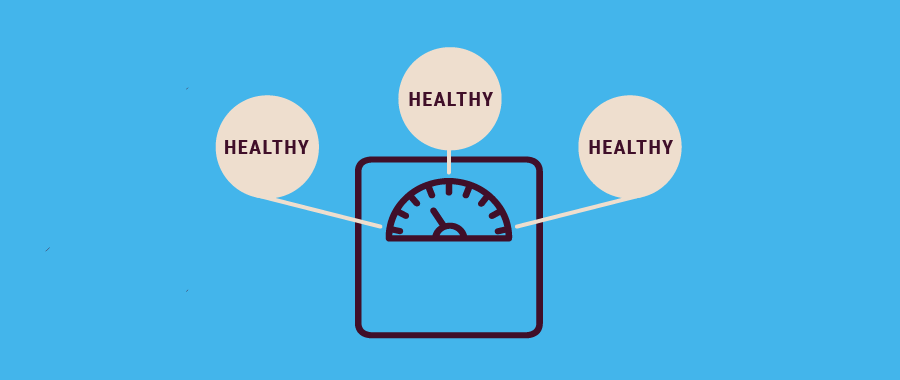
The truth about diets and changing the language
Diets and diet talk is everywhere. It only takes walking into a book store and searching the “health and wellbeing” section to see that there are many books promoting different diets. You may have already been exposed to diets in some form. There may be different reasons why someone chooses to diet, and many promise to make you feel happier, healthier and more fulfilled (at least in the short term). But the thing about diets is that they often promote a restricted and rigid way of eating, which might include limiting your food intake and/or removing certain food groups or items from your eating often in an attempt to influence weight and body shape. However, this approach is not sustainable in the long term (despite what books, social media, or television advertisements may say!).
Diets are not sustainable…in the long term
Here are some reasons why:
- Because most diets do not include enough food, your body may not get the nutrition that it needs to sustain the energy you need to do your job well, or go to school, or participate in sports and hobbies. This can lead to feelings such as fatigue, brain fog, sleepiness, headaches, dizziness.
- Diets can lead us to feel psychologically deprived. This is a fancy term that means if we try to avoid or restrict certain foods, we actually often end up wanting them more and this can sometimes lead people to end up eating more food than they had planned.
- Diets that are prescribed or promoted very often do not take into account individual factors such as body size and amount of muscle mass, individual activity levels, set point and genetics.
- Although it may seem possible to follow a diet in the short term, people ultimately end up breaking it in the long run because our bodies cannot physically sustain the rules and limited food most diets prescribe
- Breaking the “rules” of diets can lead some people to feel like they have failed and that they need to do more or ‘try harder’ the next time
- The mindset and eating patterns that diets promote can sometimes be the start of a slippery slope, and increase the risk of problematic eating patterns or serious mental health problems such as eating disorders.
The good news is, however, is that you (and us!) have the power to change the language around dieting for the better.
Changing the language around diets
Here are some tips for changing the language around diets:
-
Rather than ‘dieting’ or ‘diet’, considering using language such as ‘changing health behaviours’ and ‘improving self-care’
-
Discourage the following of rigid rules and patterns around eating. Normal eating should be flexible and allow for choice
-
Consider regularity, variability, flexibility and fun in eating. Diets often do not include all or any of these things.
-
Avoid labelling foods as “good” versus “bad” and consider guidelines around food, rather than the following of rigid rules
-
Where possible, discourage the use of diets and avoid engaging in them for yourself
-
Diets ultimately focus heavily on weight and the way one looks and suggest that that ought to be changed. Health and wellbeing is about so much more than that!
Resources
If you are interested in finding out more information about dieting and some of the associated risks, you can read the following:
If this post has raised any concerns for yourself or someone around you, please reach out for support.
- Butterfly National Helpline: 1800 33 4673
- Lifeline: 13 11 14
- Kids Helpline: 1800 551 800
Written by Kathryn Althorpe , Clinical Psychology Registrar
More information
If you're concerned about yourself or someone you care for and would like to learn more about how to help someone who is feeling suicidal, or to book an appointment one of our experienced clinical psychologists, contact our friendly client team by calling 6143 4499 or email via our contact page.

Contact
Ph: (08) 6143 4499
Fax: (08) 9200 5696
Monday to Thurs 8:30am - 7:30pm
Friday 8:30am - 4:30pm
Saturday 8:30am - 2:30pm
Locations
6 Outram Street
West Perth, 6005 WA
36 St Quentin Avenue
Claremont, 6010 WA
In the spirit of reconciliation, Lawson Clinical Psychology acknowledges the Traditional Custodians of country throughout Australia and their connections to land, sea and community. We pay our respect to their Elders past and present and extend that respect to all Aboriginal and Torres Strait Islander peoples today.
Lawson Clinical Psychology celebrates the extraordinary diversity of people’s bodies, ability, genders, sexualities and relationships that they represent.
Copyright © 2024 Lawson Clinical Psychology. All Rights Reserved. Privacy Policy.
